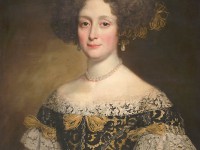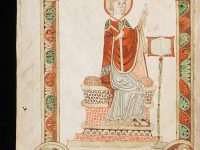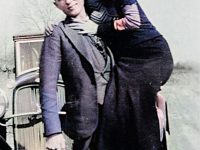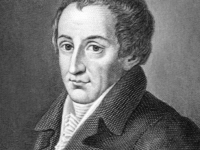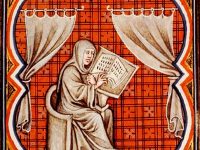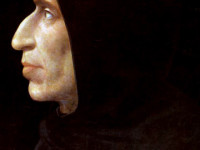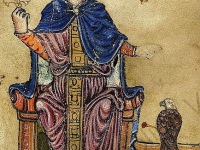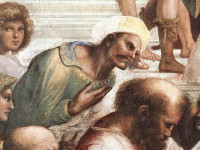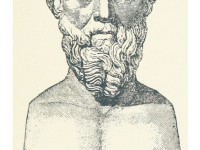The Marquise de Brinvilliers and the Affair of the Poisons
On July 16, 1676, French aristocrat Marie-Madeleine Marguerite d’Aubray, Marquise de Brinvilliers was found guilty of murder, convicted on the strength of letters written by her dead lover and a confession obtained by torture. Her trial and the scandal which followed it launched the notourious Affair of the Poisons, which saw several French aristocrats charged with witchcraft and poisoning. We’ve already had a focus on Catherine Deshayes Monvoisin, aka La Voisin, a midwife…
Read more

